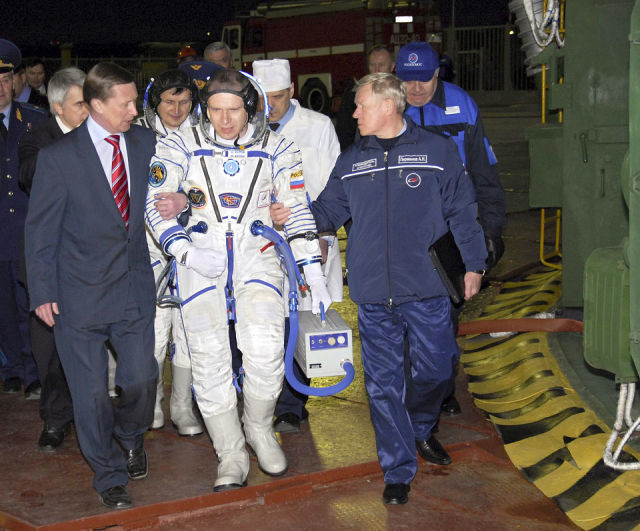The purpose of the experiment is to check how many tasks can be completed after landing on another planet
Moscow. December 25. INTERFAX - One of the space crews who returned to earth is planned to be left at the landing site for a few days to practice landing on another planet, the deputy director of the Institute of Biomedical Problems (IMBP) told reporters RAN Oleg Kotov.
"It is planned that the crew will spend a day or two near the lander after returning to Earth. That is, rescuers will not approach him, some equipment will be delivered, allegedly they have just landed on the surface of the planet," Kotov said.
According to him, this experiment is being conducted in order to "work out certain issues of activity and generally assess the state's operability, how many tasks they can perform."
Earlier, Kotov reported that at a meeting of the management of the IMBP and NASA, an experiment to simulate a flight to Mars was discussed on the ISS.
Earlier, Alexander Suvorov, the head of the Laboratory of Human Physiology in extreme conditions of the IMBP, said in an interview with Interfax that an experiment is planned to be conducted on the ISS to limit communication with the Earth.
"Since it is planned that the astronauts will be on a station orbiting the Moon, there will be a period when it will be on the other side of the satellite, and we will not be able to contact them. Therefore, there will be interruptions in communication, which is actually equivalent to a delay. And we need to prepare for this," Suvorov said in an interview with Interfax.
During real long-distance interplanetary flights, due to the large distance between the ship and the Earth, communication between them will be carried out with a long delay. In particular, during the flight to Mars, it will be about 20 minutes.
At the moment, experiments on modeling space flights are carried out on the basis of the Ground-based Experimental Complex of the Russian Academy of Sciences in the framework of the SIRIUS (Scientific International Research In Unique terrestrial Station) project.
The objective of the project is to ensure the possibility of space exploration beyond low Earth orbit, which will reduce the risks to human health and performance through a targeted program of fundamental, applied and operational research.

